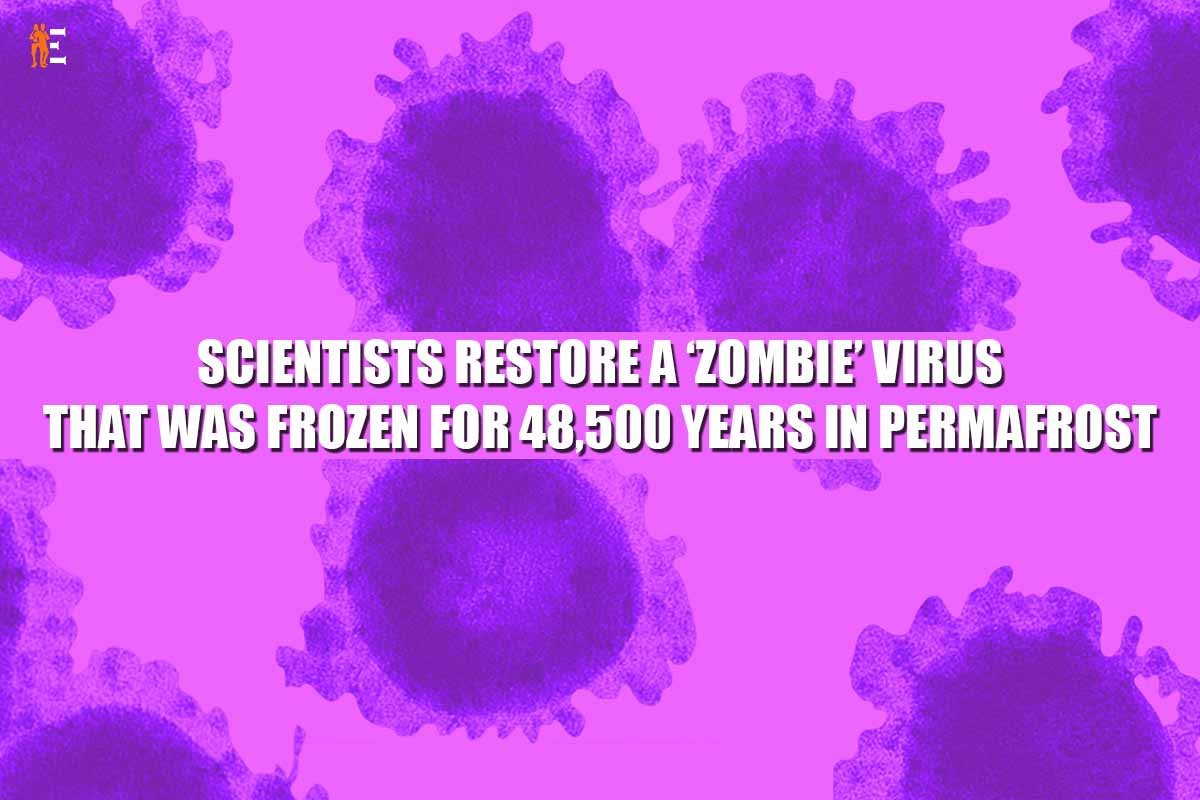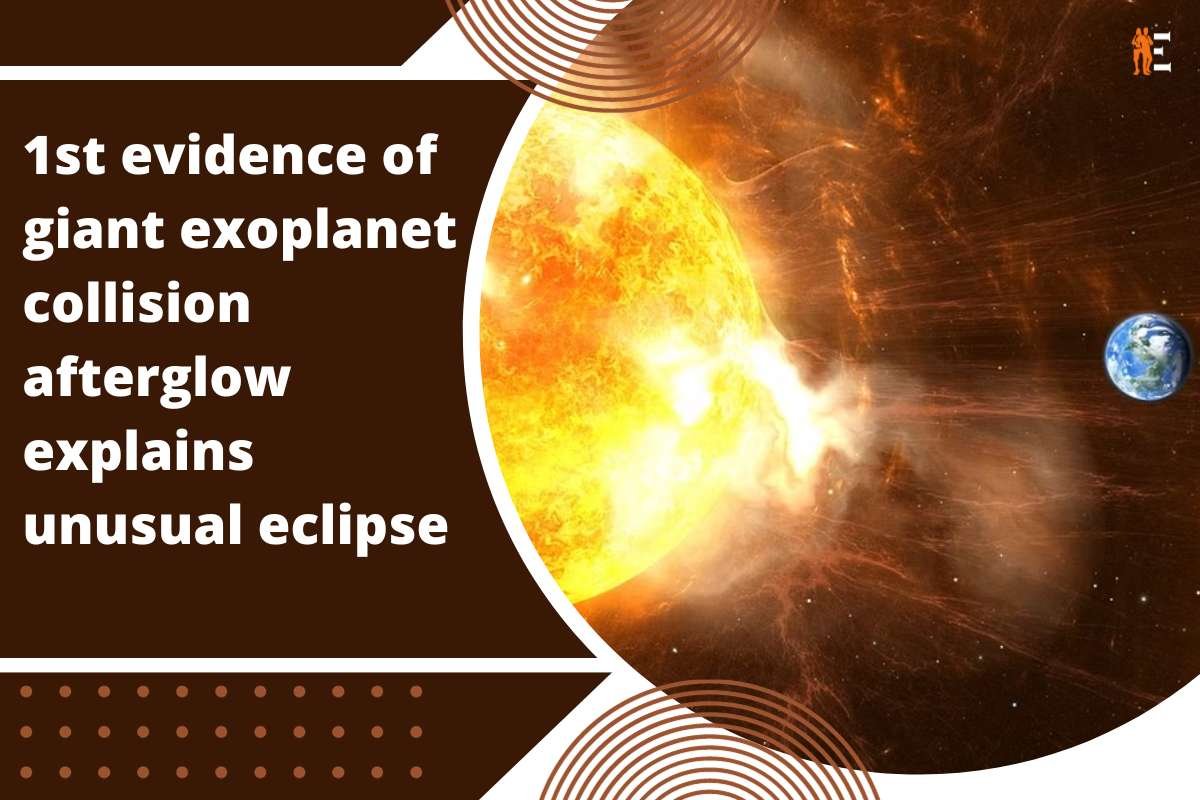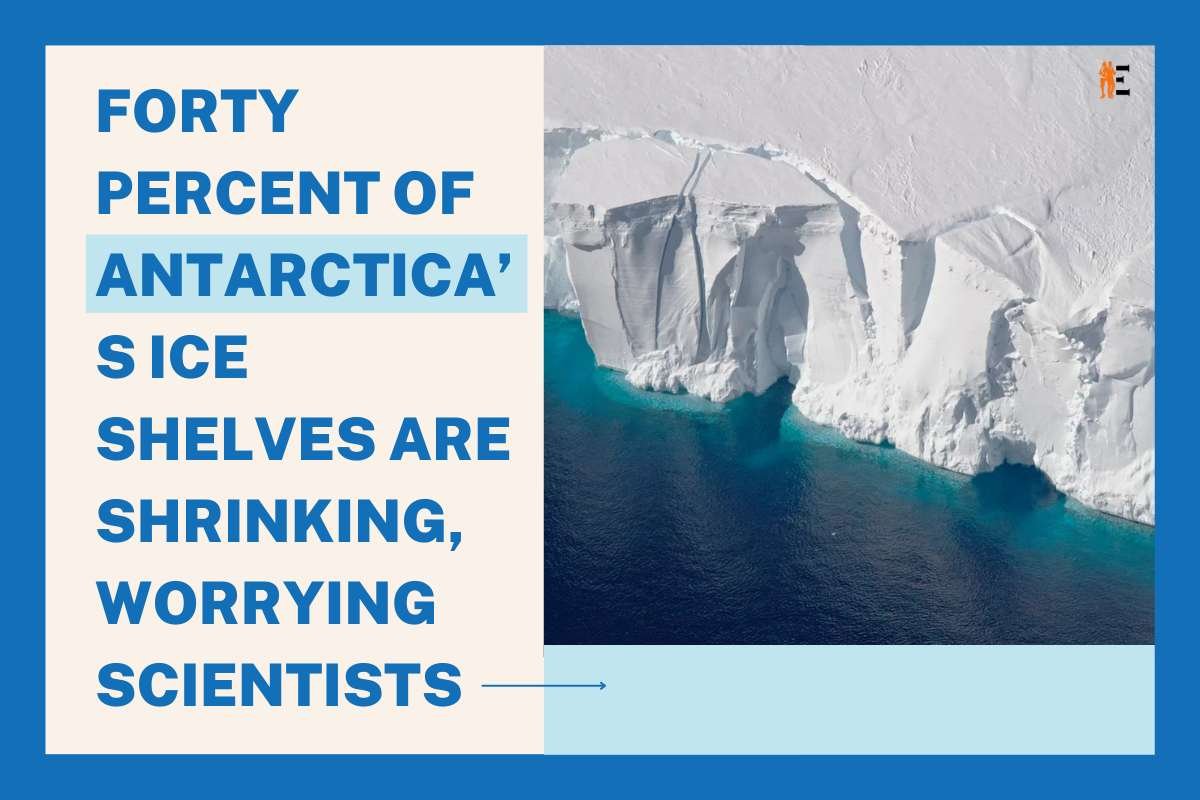In a groundbreaking discovery, a team of scientists has revived a Zombie Virus that had been dormant in the permafrost for over 48,000 years. The study, published in the journal Proceedings of the National Academy of Sciences, is significant because it shows that viruses can survive in extreme conditions for thousands of years and could potentially be a threat to human health.
The Zombie Virus, known as Pithovirus sibericum, was discovered in a 100-foot-deep sample of frozen soil in Siberia. It belongs to a group of giant viruses that were first discovered in 2003 and are larger than most bacteria. The researchers were able to revive the virus by infecting amoebas, which are single-celled organisms, with the virus. The team found that the virus was still infectious and was able to replicate, indicating that it was still active after being frozen for so long.
Jean-Michel Claverie, a researcher at Aix-Marseille University in France and one of the authors of the study, said in a statement, “We knew that viruses could remain infectious in the soil and permafrost for hundreds of years, but we never expected to find a virus that had remained infectious for tens of thousands of years.”
Concerns about Human Health
While the researchers stress that there is no immediate threat to human health, the discovery raises concerns about the potential for ancient viruses to be released as permafrost thaws due to global warming. Climate change is causing permafrost to melt at an alarming rate, and with it, ancient viruses and bacteria that have been trapped in ice for thousands of years.
“We need to be aware of the risks posed by these ancient viruses and bacteria as we explore the permafrost,” Claverie said. “It is also important to understand how they interact with modern organisms and whether they could pose a threat to human health.”
The researchers say that the discovery of this “zombie” virus could help them better understand the evolution of viruses and how they have adapted to different environments over time. It could also lead to the discovery of new types of viruses that could potentially be used to fight disease.
Scientists revive 48,500-year-old ‘zombie virus’ buried in ice | Oneindia News *Science
Further Research Needed
The study highlights the importance of monitoring the impact of climate change on permafrost and the need for further research into ancient viruses and bacteria. As the permafrost thaws, it could release not only ancient viruses but also harmful chemicals and greenhouse gases, exacerbating the effects of climate change.
In summary, the revival of the Zombie Virus after 48,500 years in permafrost is a significant discovery that raises concerns about the potential release of ancient viruses due to global warming. While there is no immediate threat to human health, researchers stress the need for further research into ancient viruses and the impact of climate change on permafrost.











